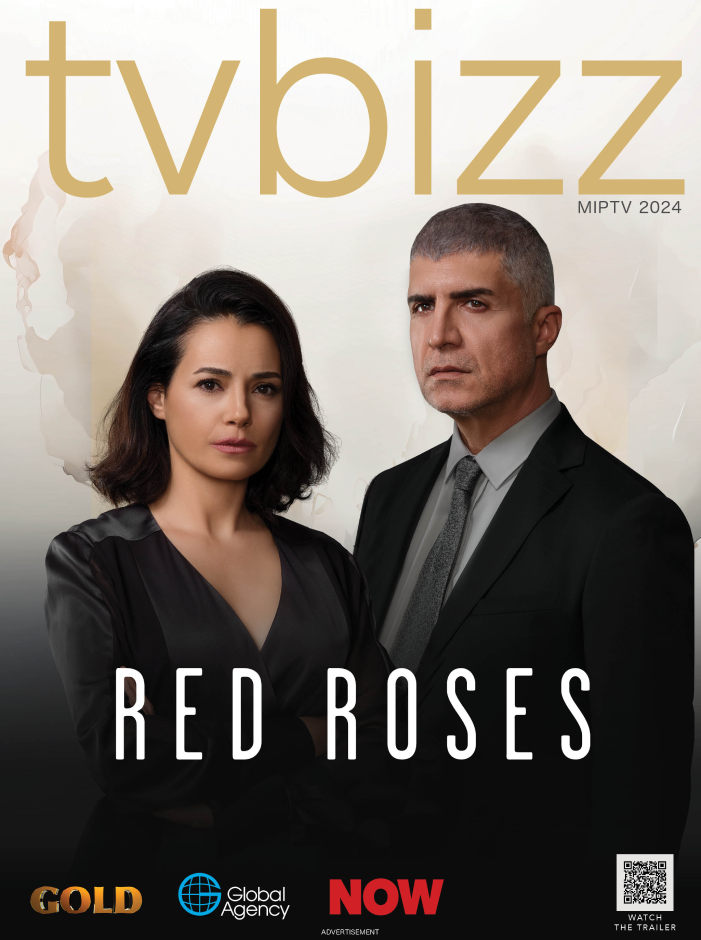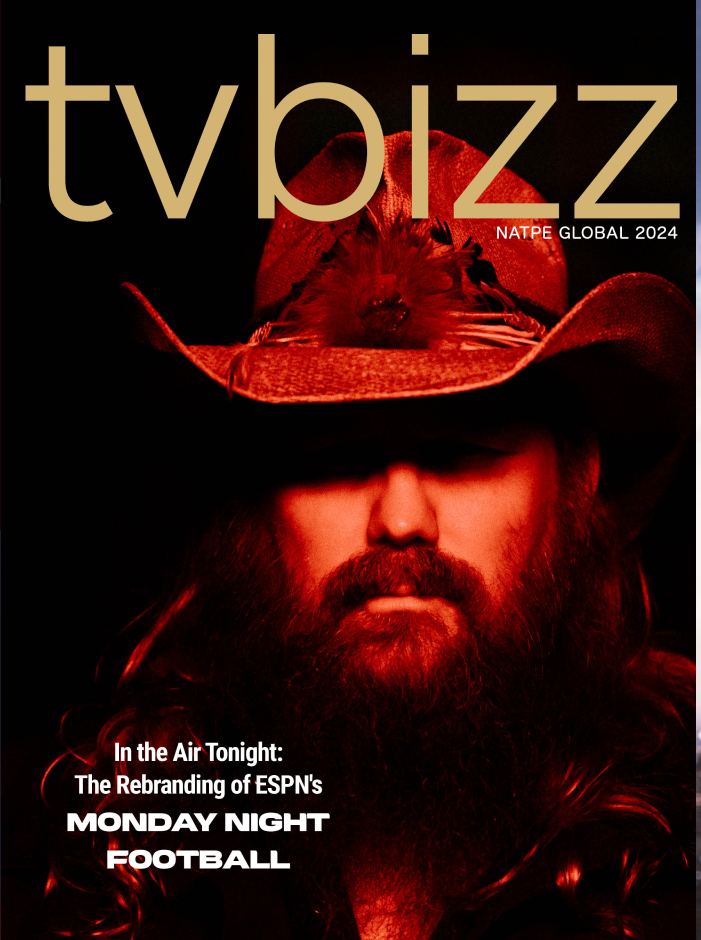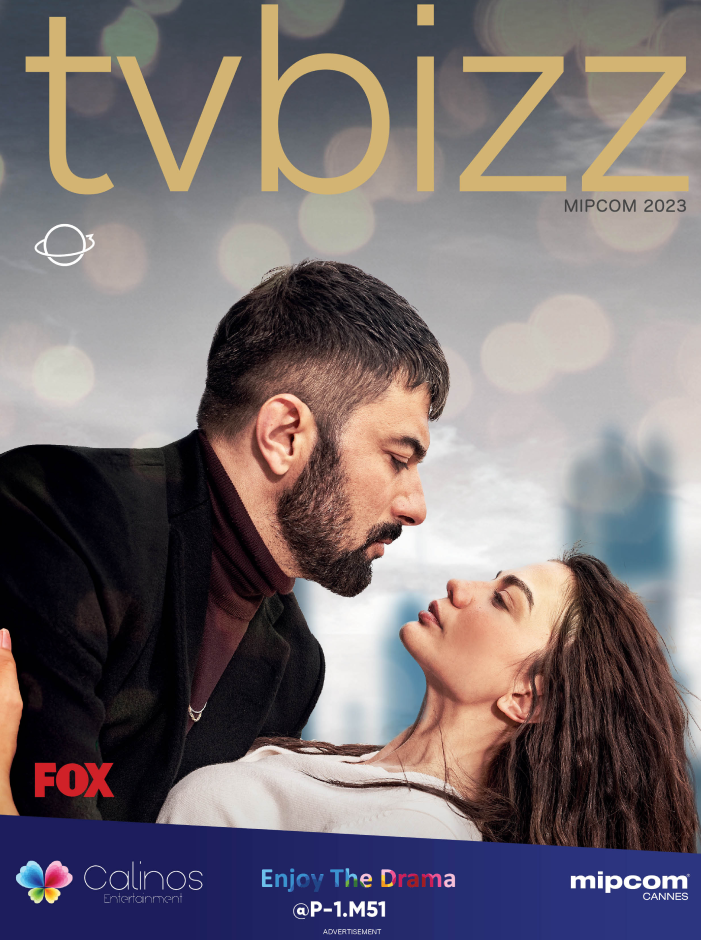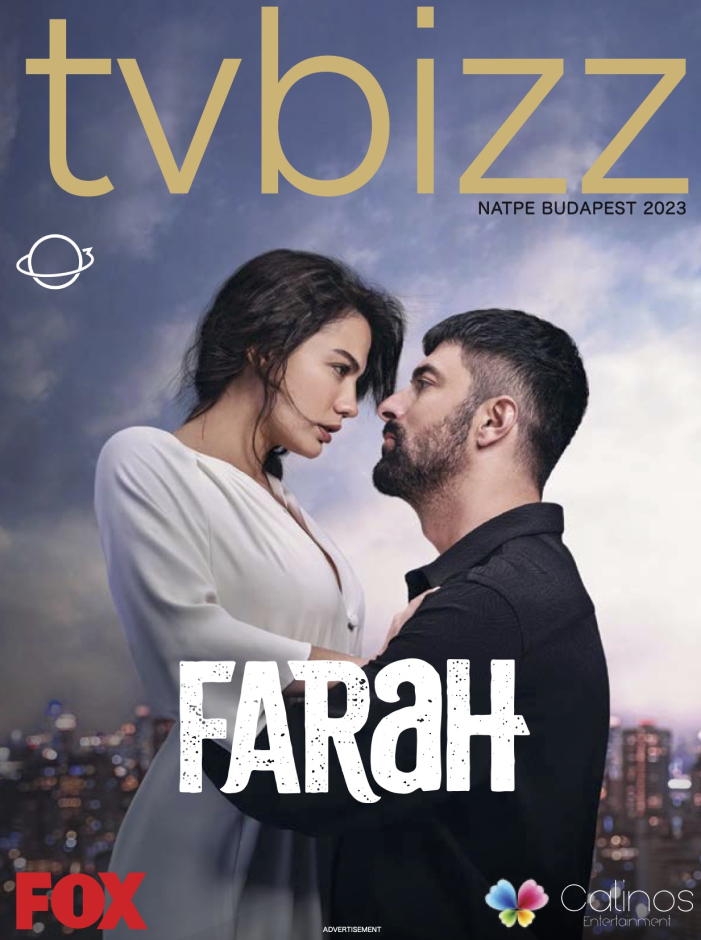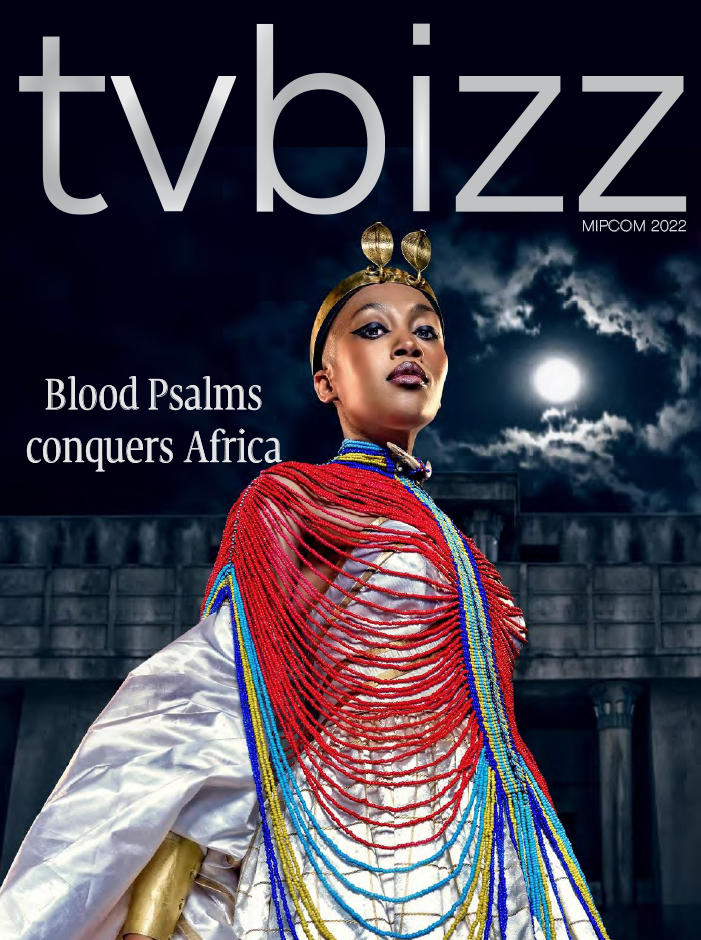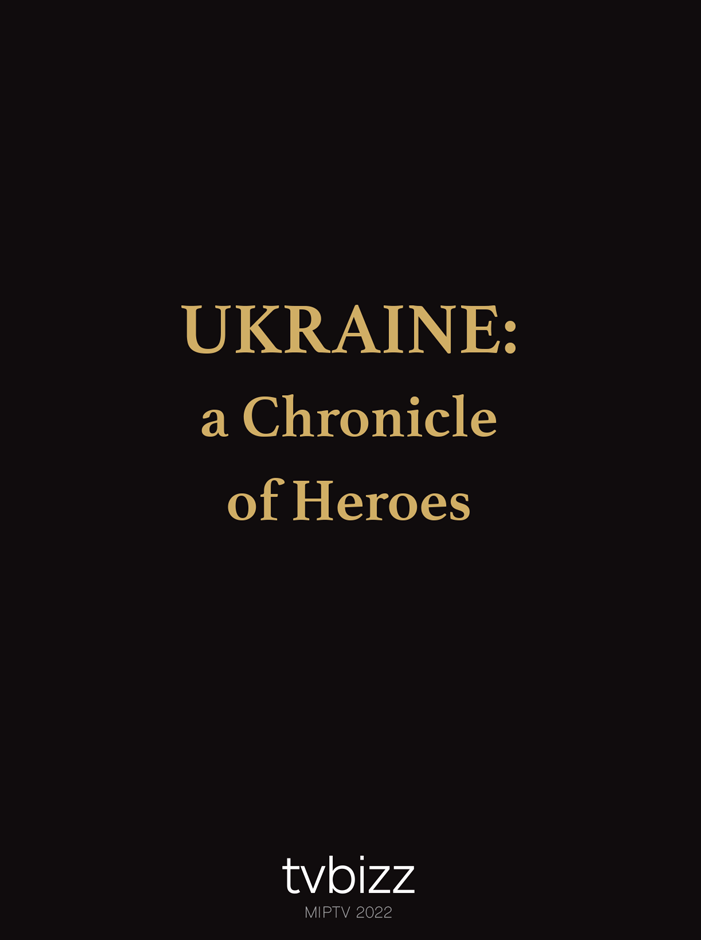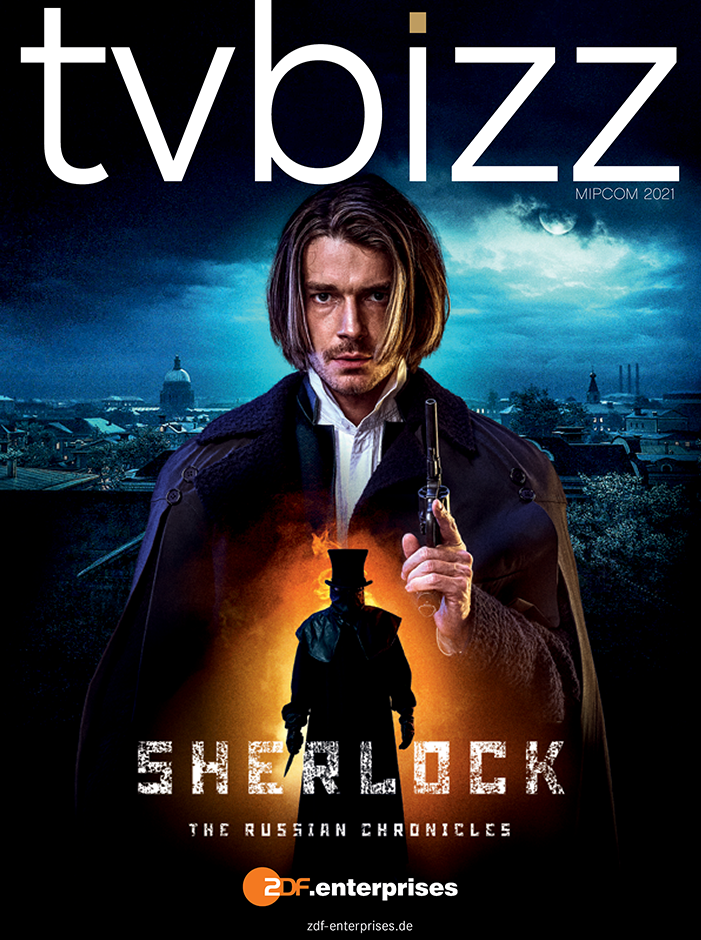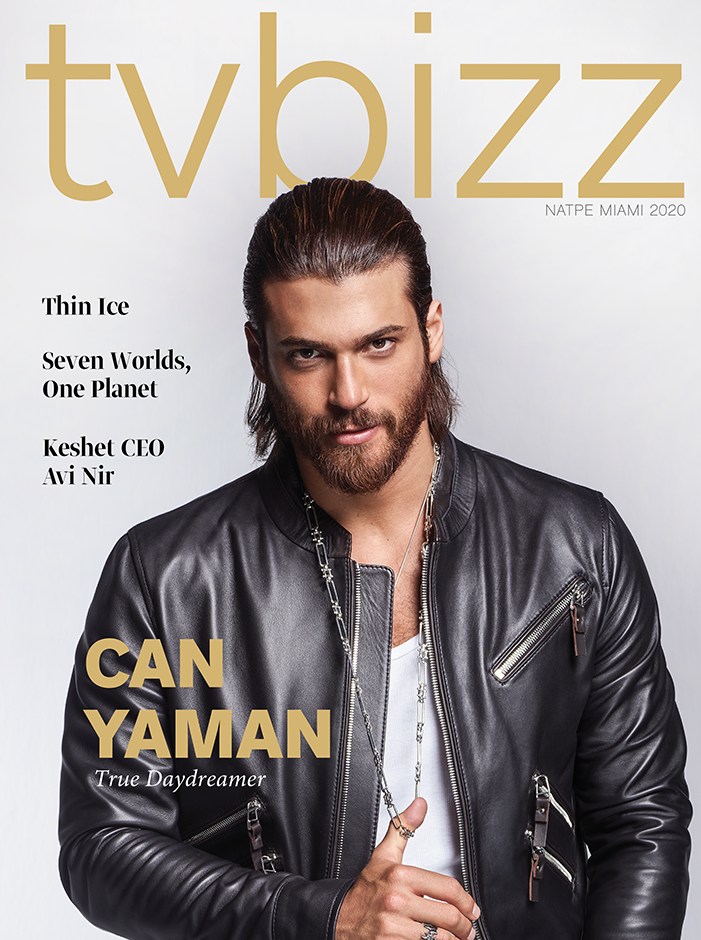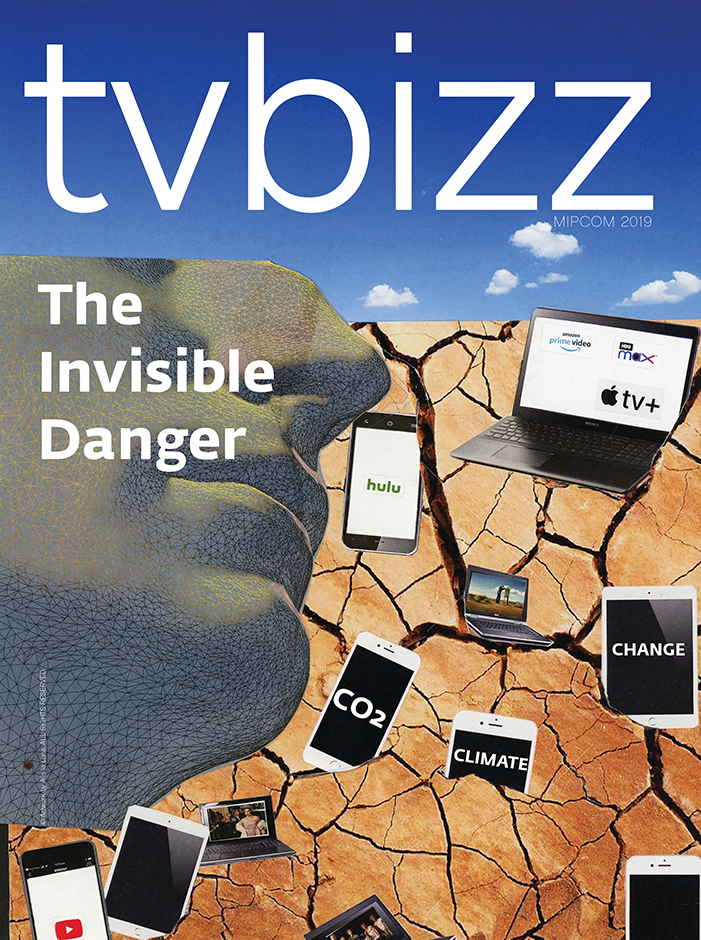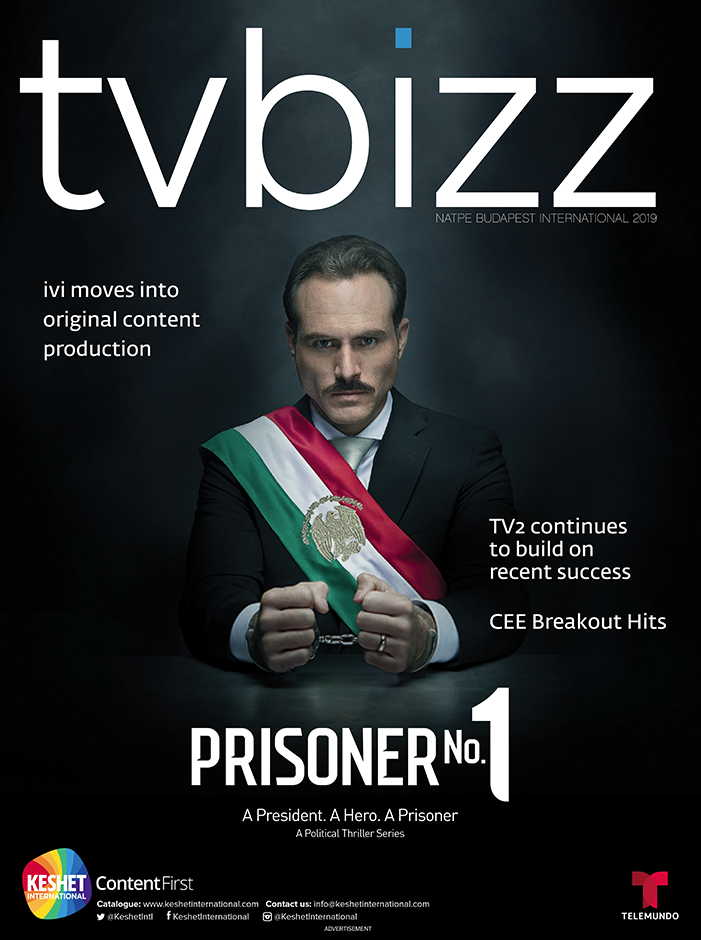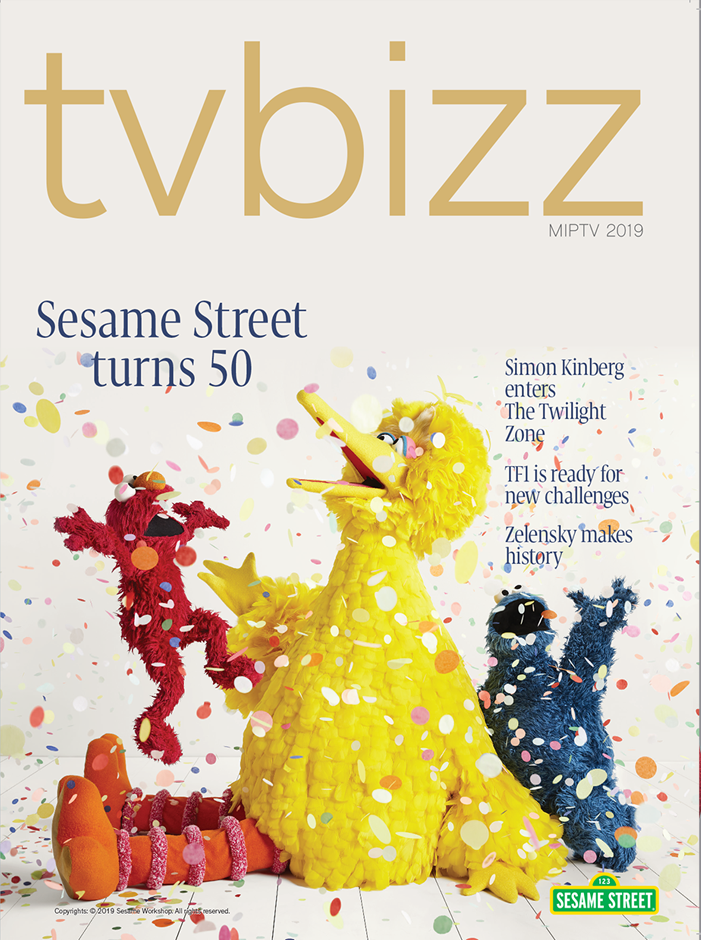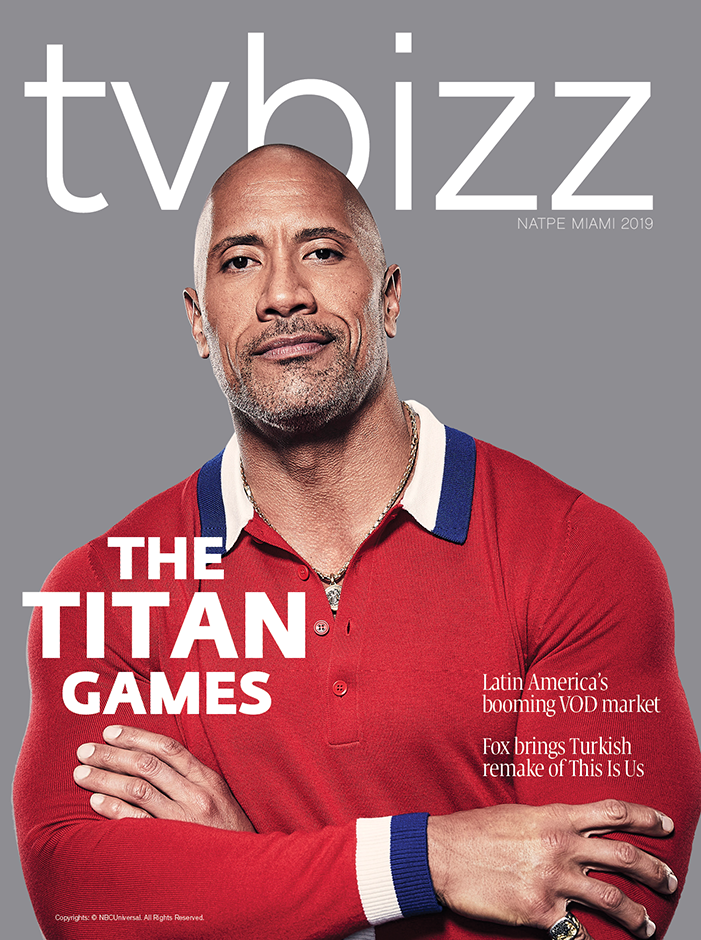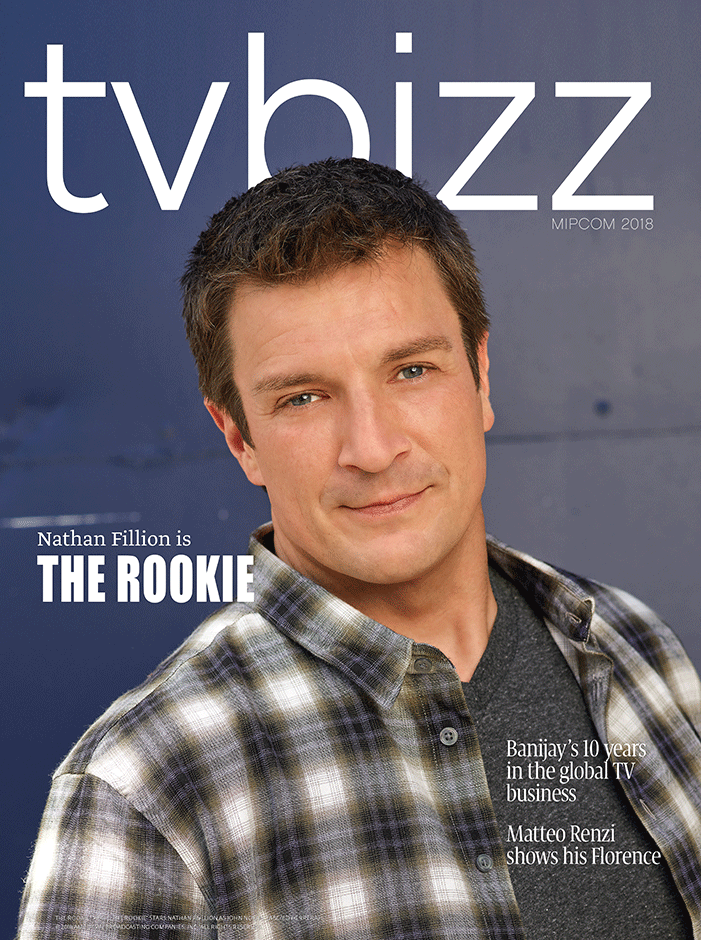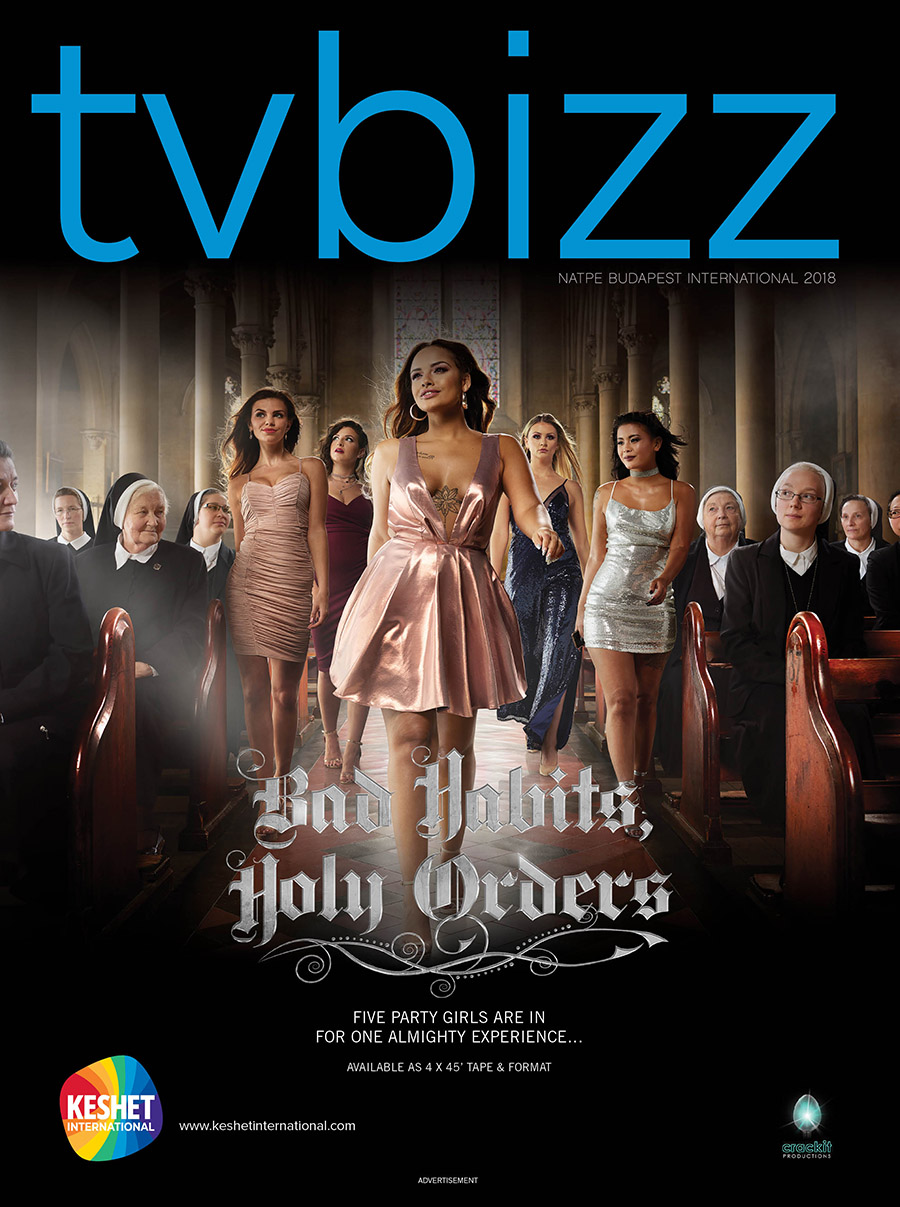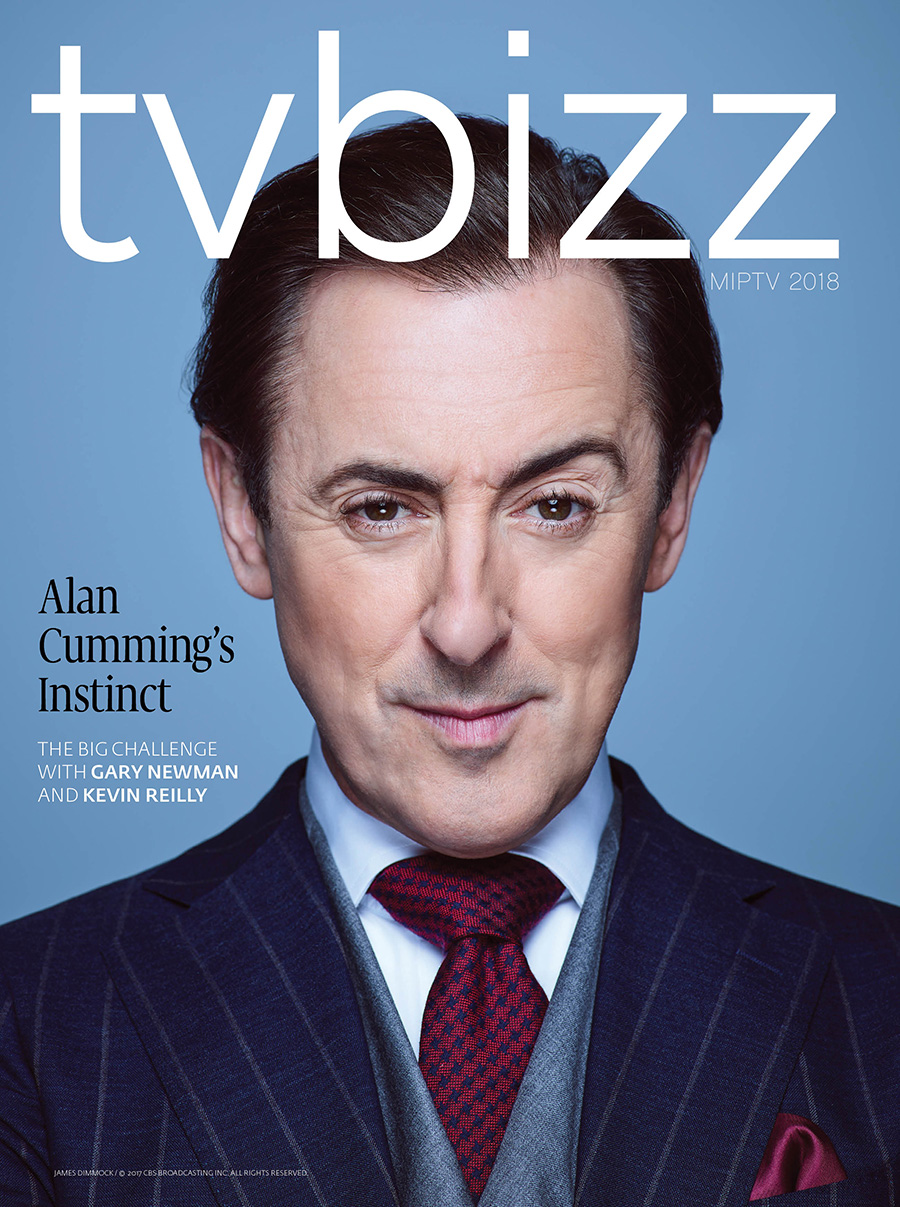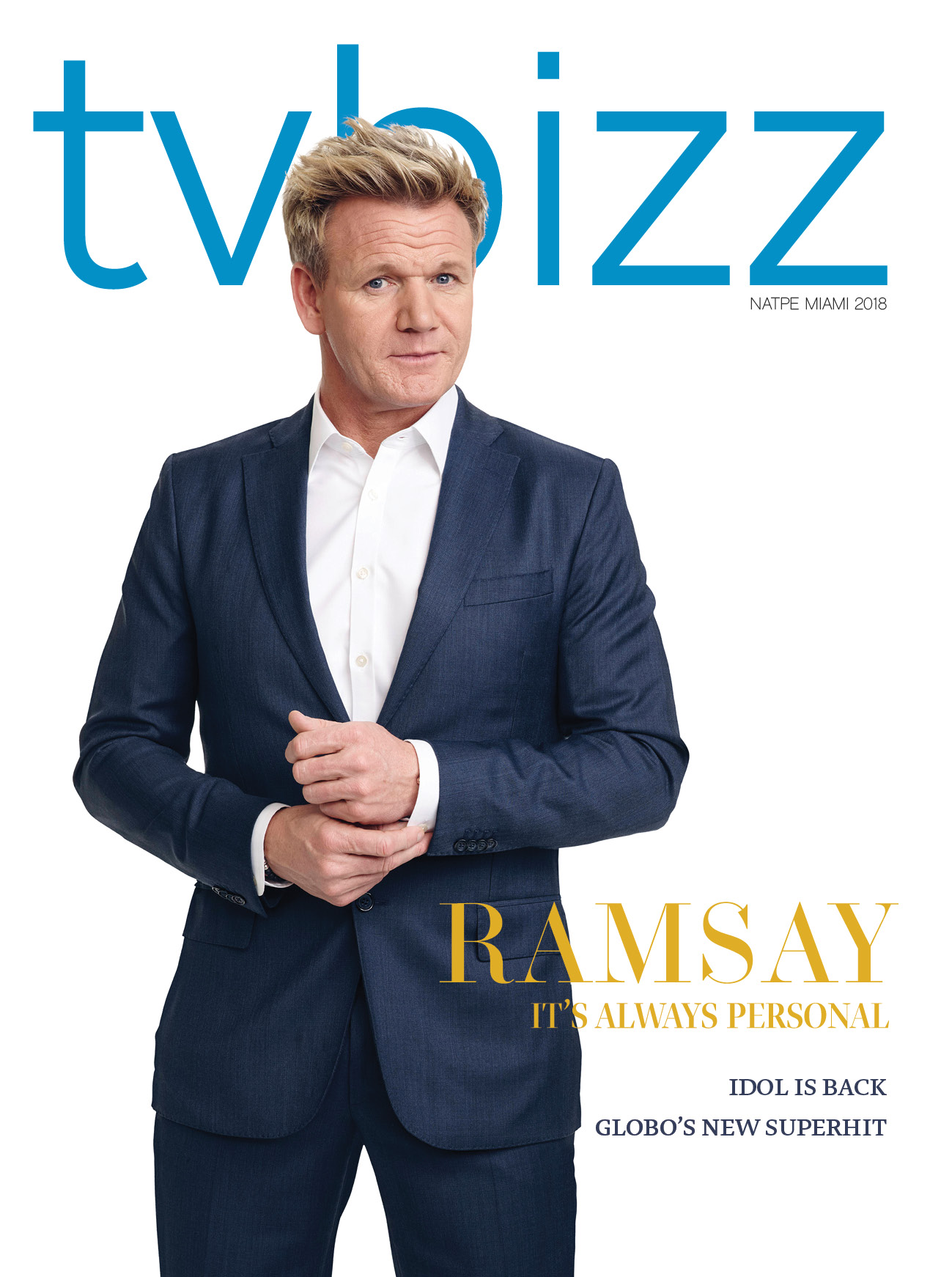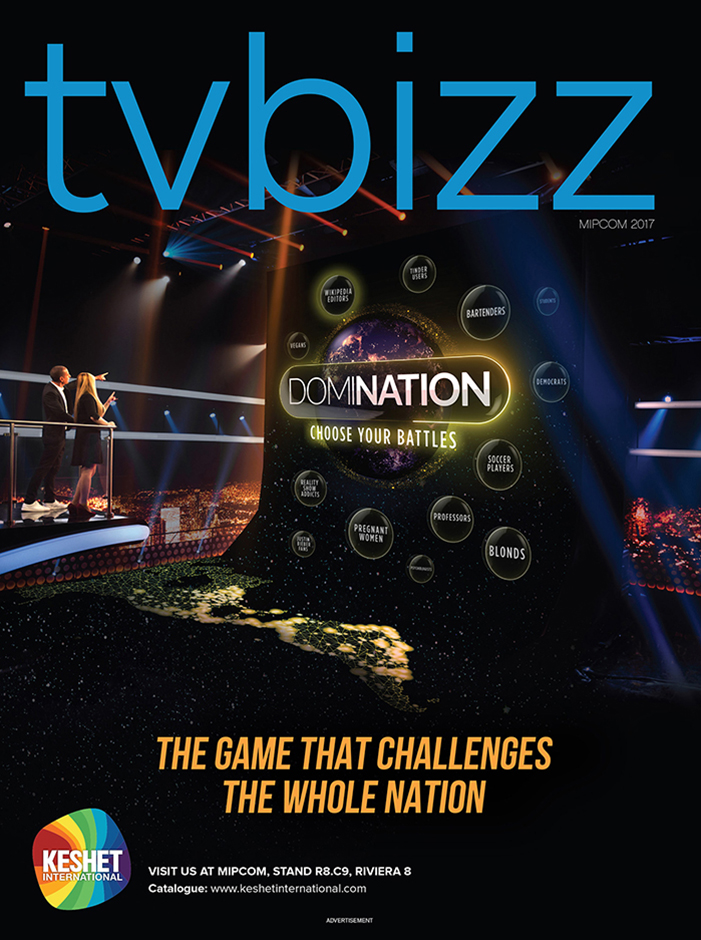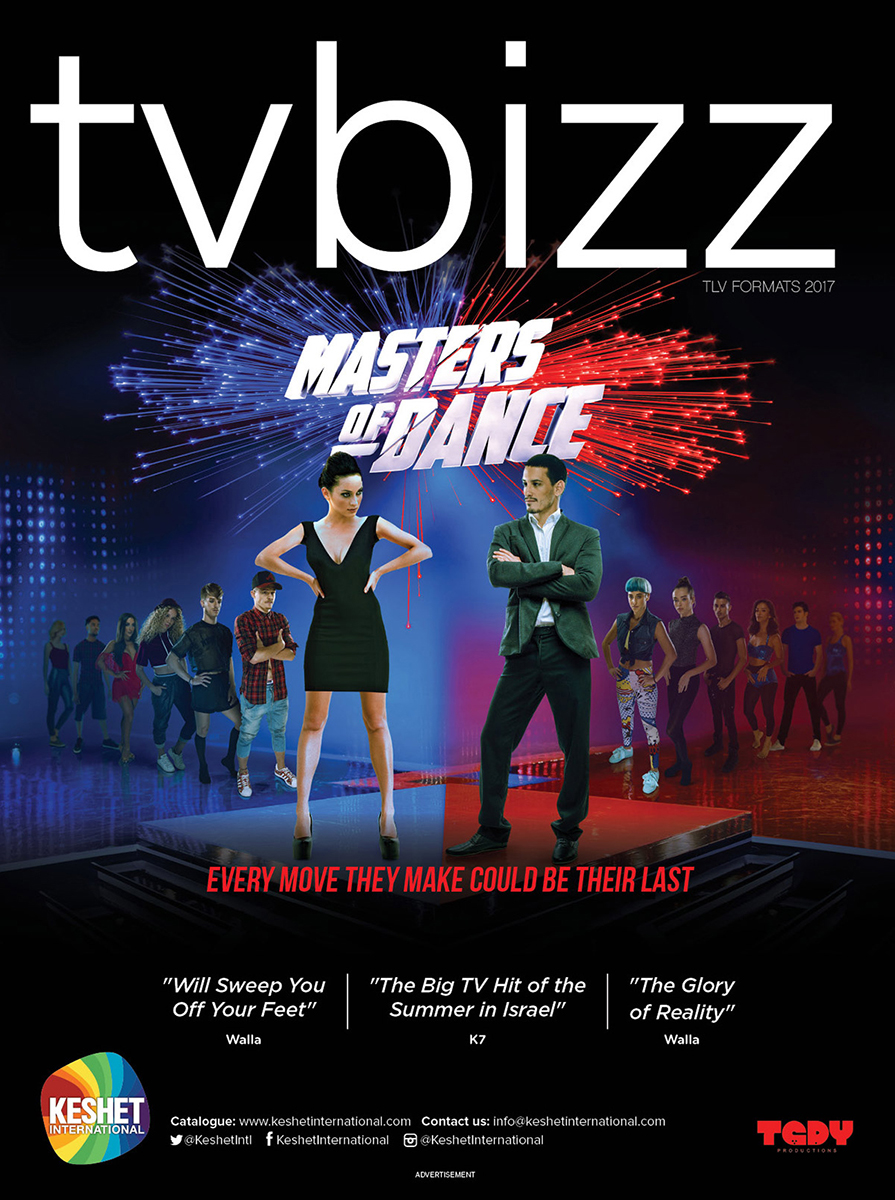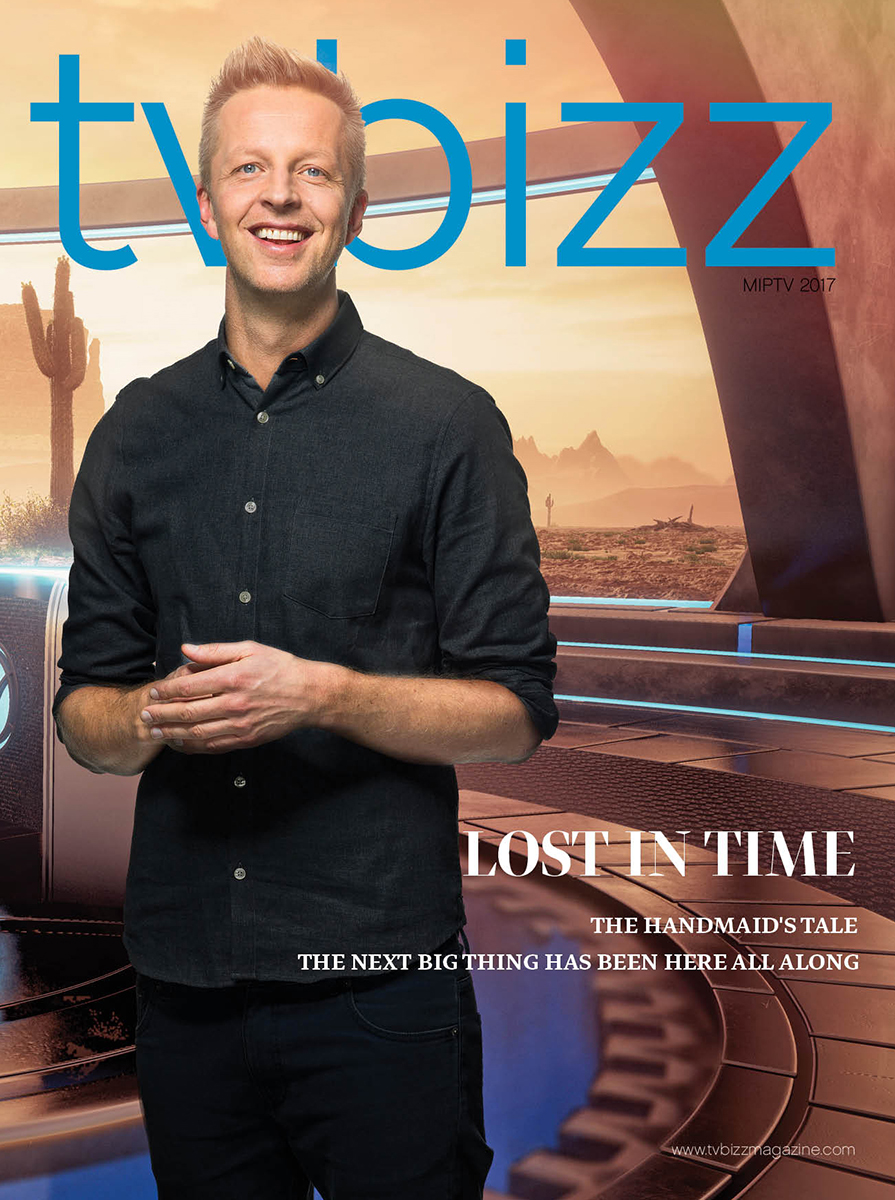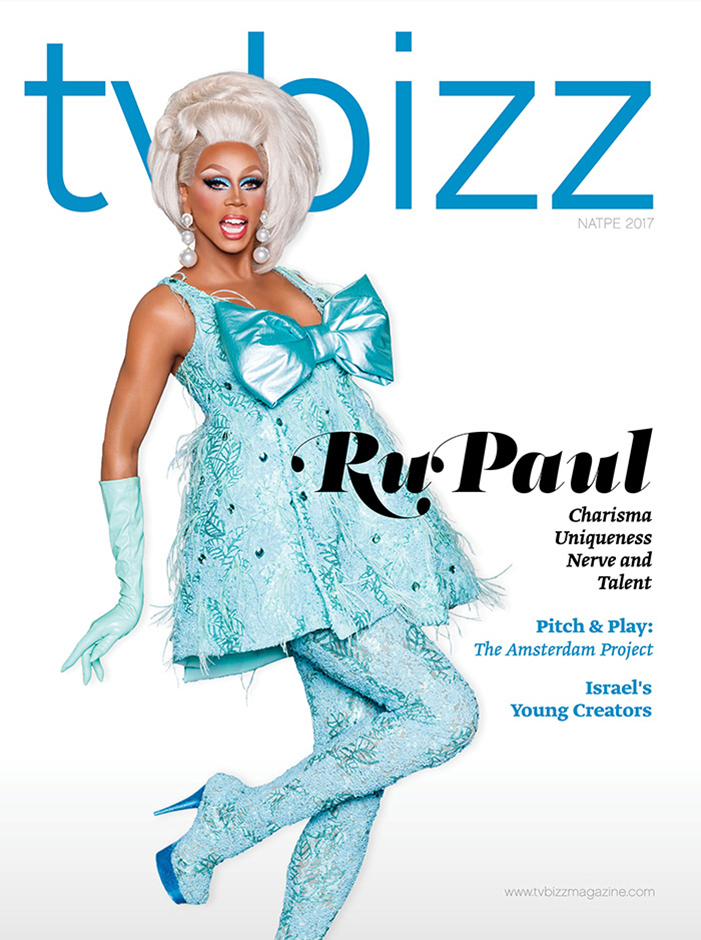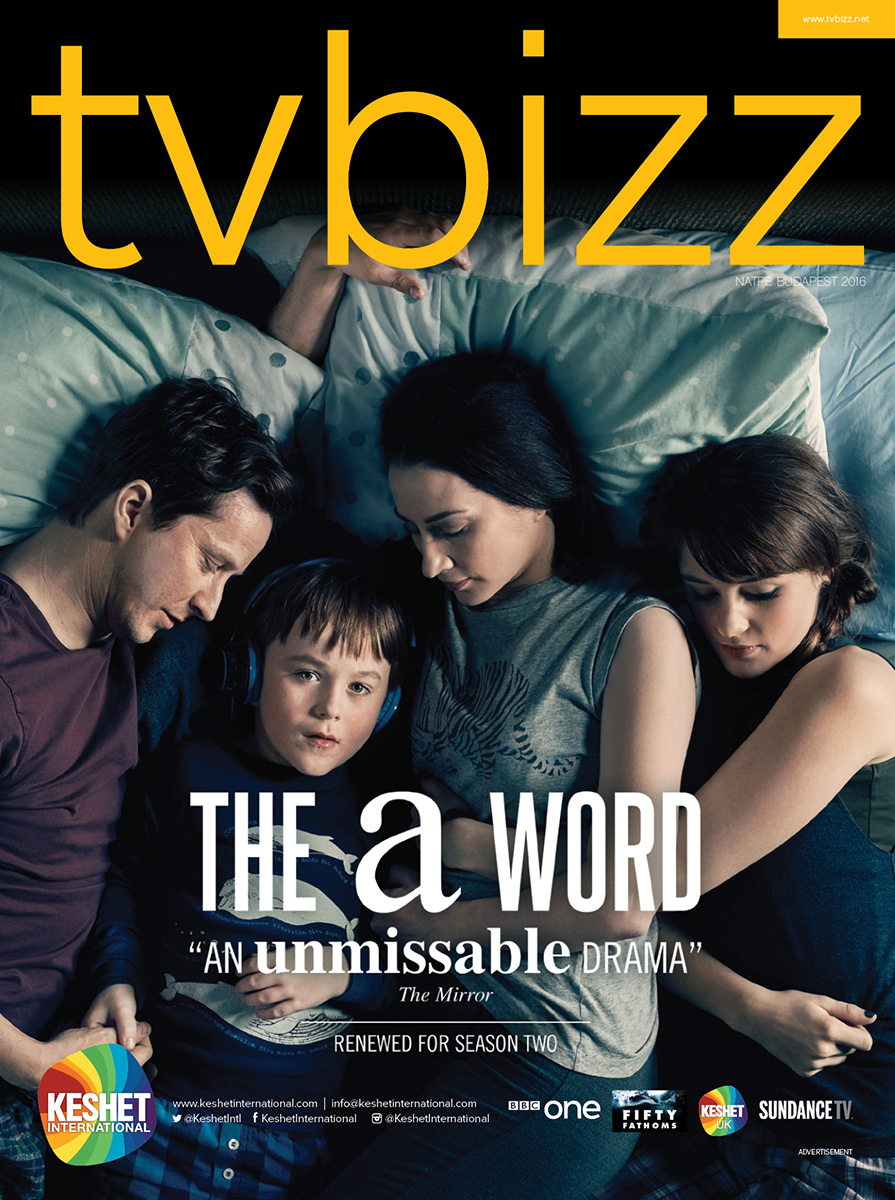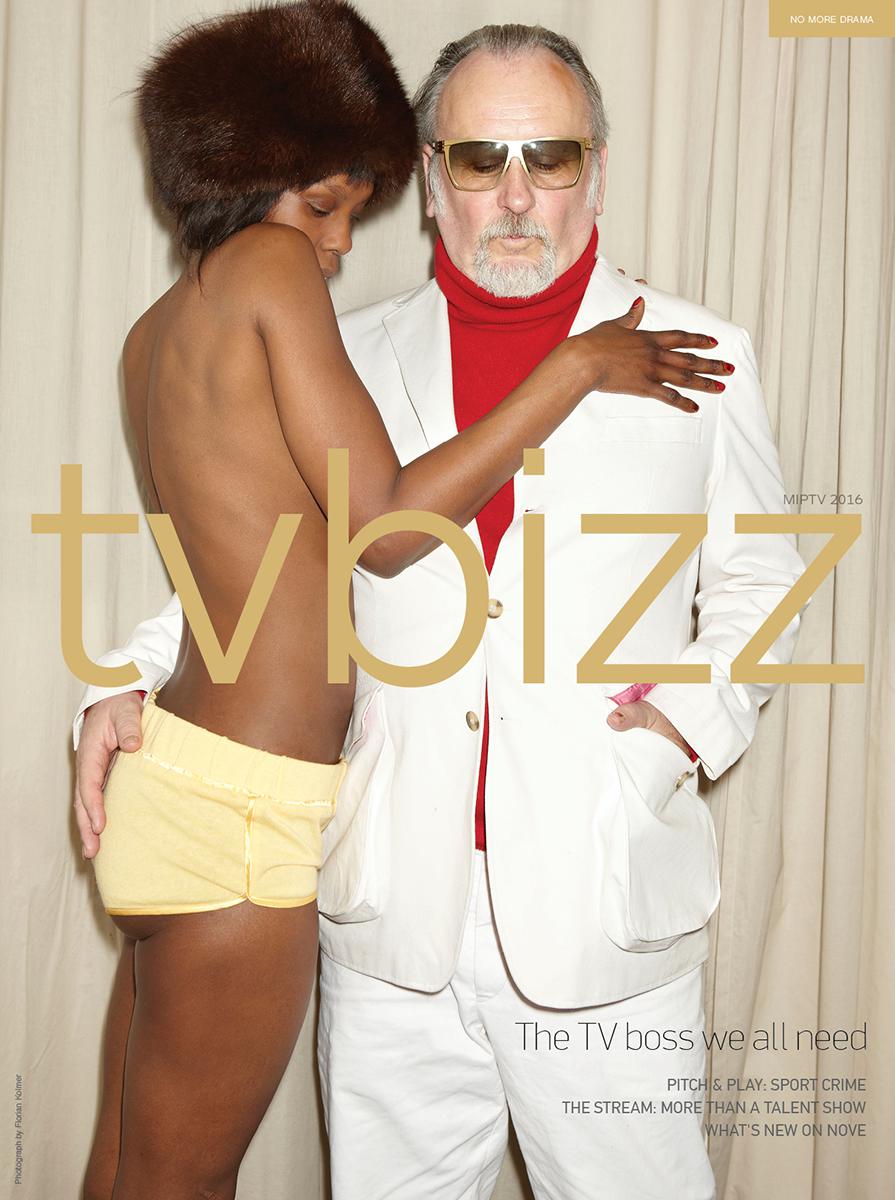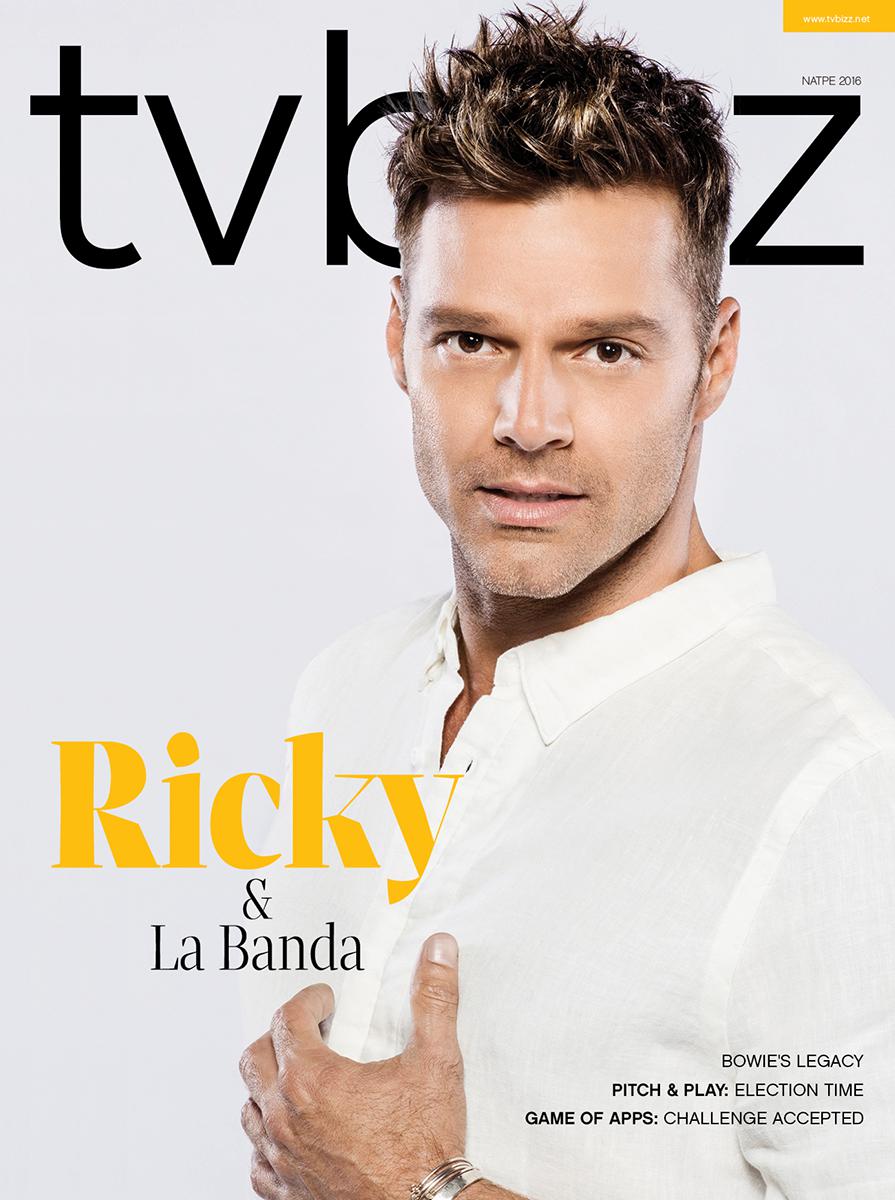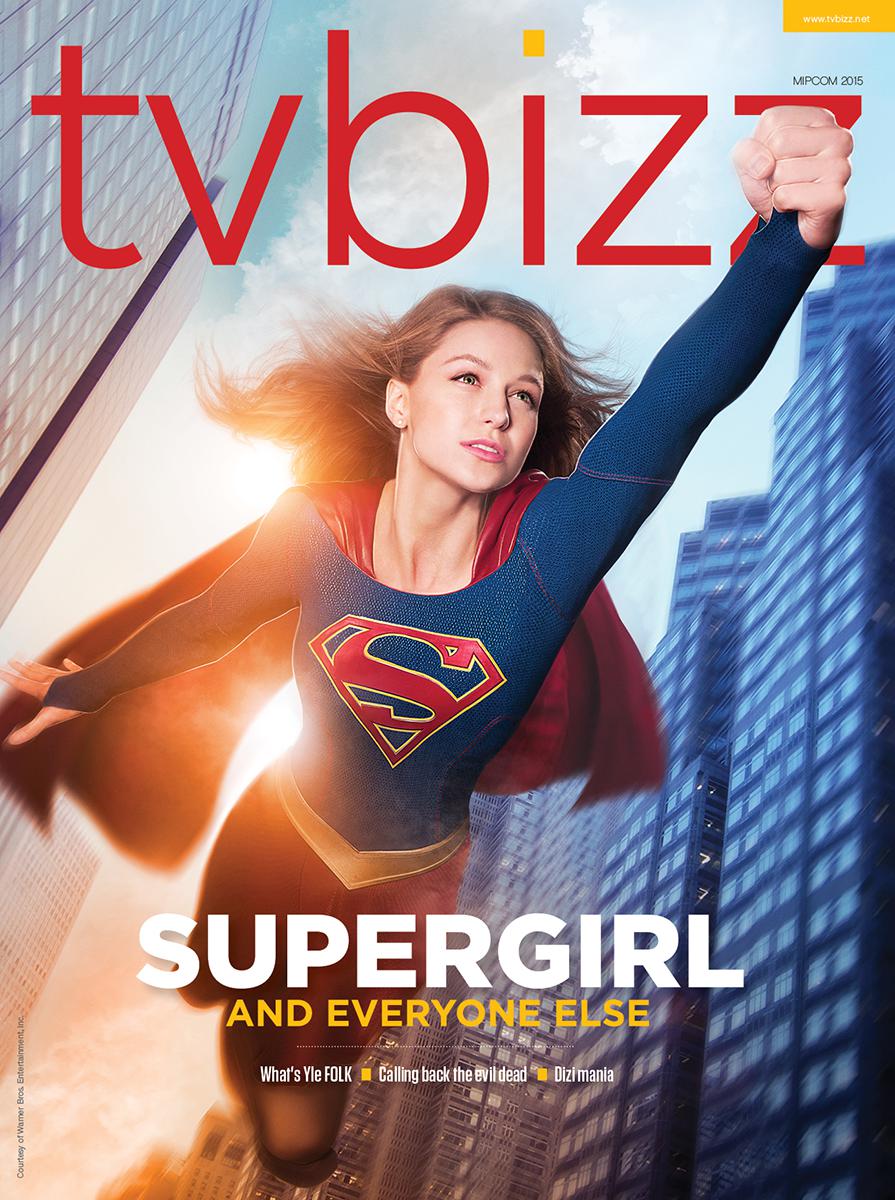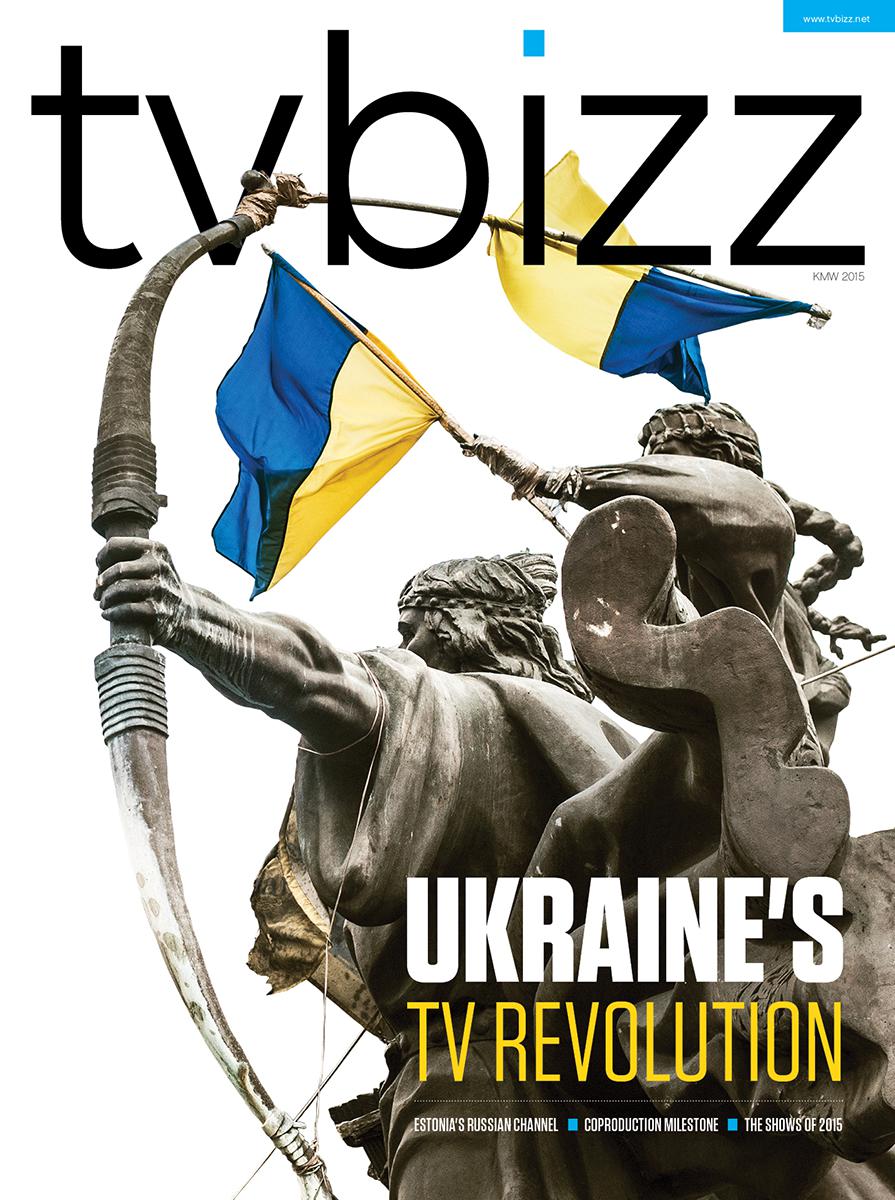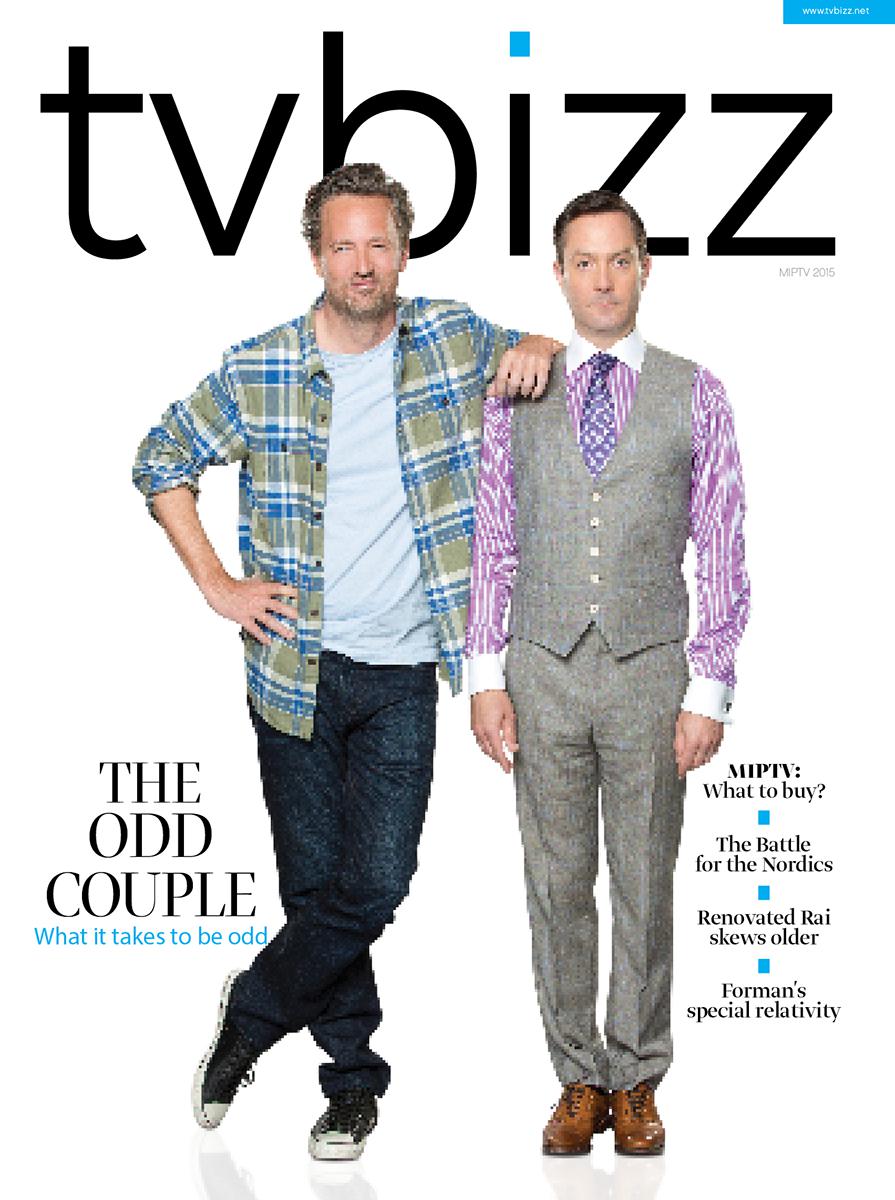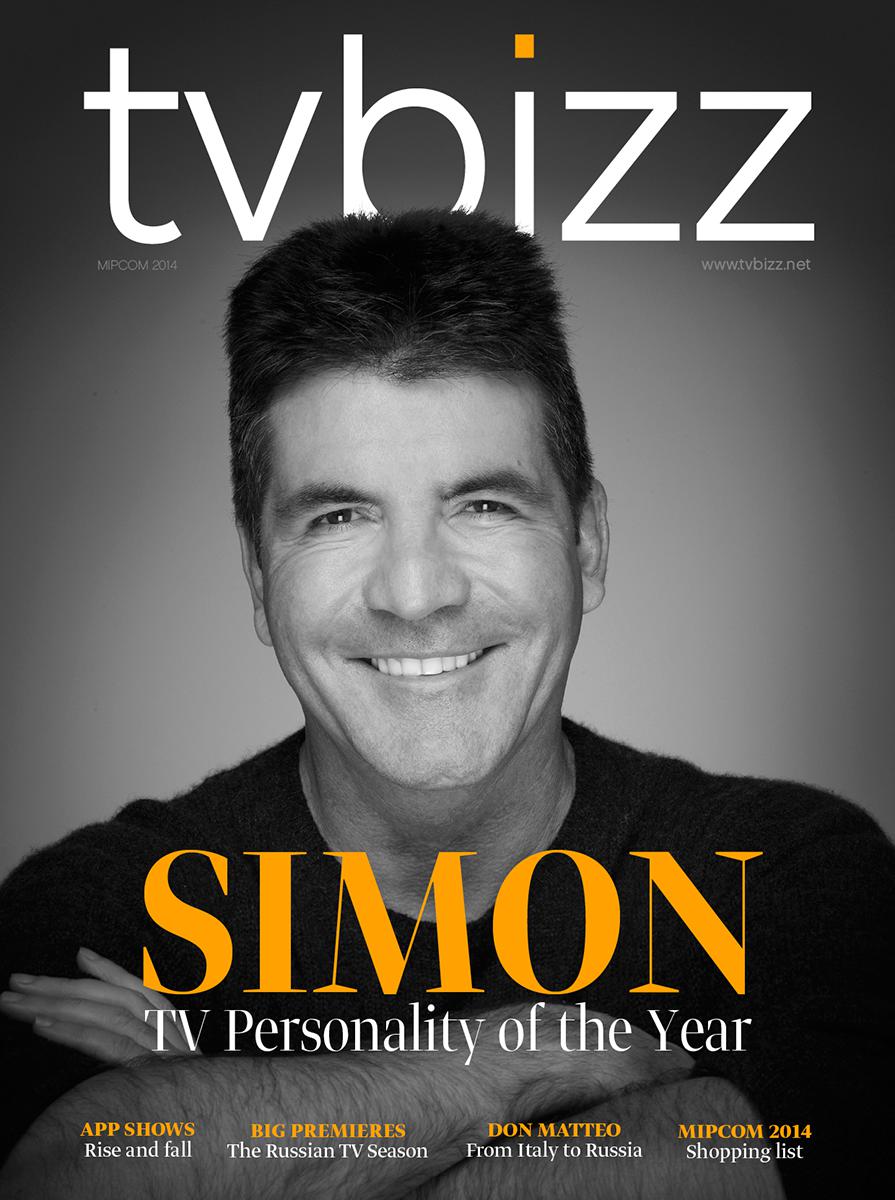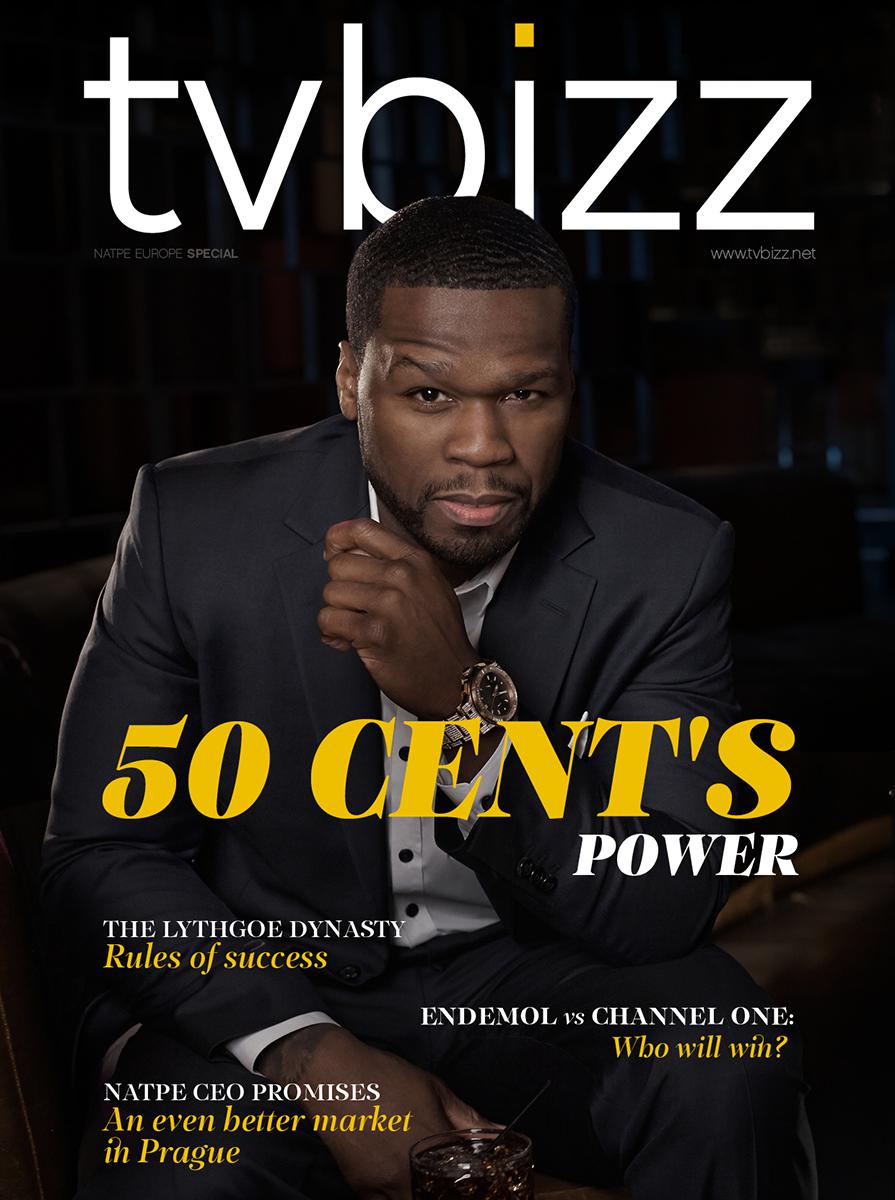Metrovision: Ukraine’s wartime music shows
Ukrainians have a special connection to music. Everyone remembers the viral video of Bumboks frontman Andriy Khlyvnyuk singing Chervona Kalyna on the Sofiivksa Square in Kyiv which became a symbol of Ukrainian resistance in the first days of the full-scale Russian invasion. The song also brought the legendary Pink Floyd back together for their first music release in 25 years titled Hey Hey Rise Up.
A few days later, U2 unexpectedly appeared in a Kyiv subway station for an improvised pop-up concert which got the whole country talking. Soon, it became clear that metro stations will indeed be turned into a sort of music halls where concerts will be held and shown on national television. Anyone watching these shows, without knowing where they were actually shot, would probably think that this is some special music stage in a very “non-standard” location, not necessarily a subway station where the trains continue to operate during the performances.
After the EBU decided not to hold the Eurovision Song Contest in Ukraine, we billed these productions “Metrovision”. In this interview, Serhiy Nekleva of S*EVENT tells Georgi R. Chakarov how the concerts are being organized and shot in such a spectacular way, and also about the concerts near the frontline with Ukrainian music stars thanking the soldiers for their sacrifice and raising their spirit with their hits.
A few days later, U2 unexpectedly appeared in a Kyiv subway station for an improvised pop-up concert which got the whole country talking. Soon, it became clear that metro stations will indeed be turned into a sort of music halls where concerts will be held and shown on national television. Anyone watching these shows, without knowing where they were actually shot, would probably think that this is some special music stage in a very “non-standard” location, not necessarily a subway station where the trains continue to operate during the performances.
After the EBU decided not to hold the Eurovision Song Contest in Ukraine, we billed these productions “Metrovision”. In this interview, Serhiy Nekleva of S*EVENT tells Georgi R. Chakarov how the concerts are being organized and shot in such a spectacular way, and also about the concerts near the frontline with Ukrainian music stars thanking the soldiers for their sacrifice and raising their spirit with their hits.
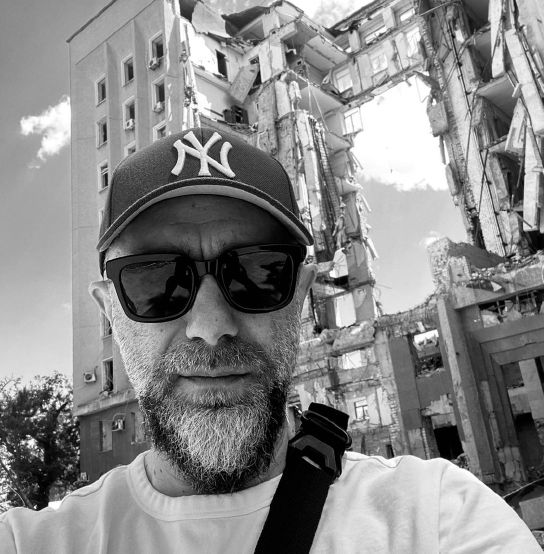
Serhiy Nekleva
Serhiy, tell us about your company. What is your main line of business and how was that affected by the war?
The only direction of my company is the development and organizing of events, the industry is most exposed to the influence of external factors. As the two-year restrictions associated with the pandemic began to ease, almost simultaneously the scale of the eight-year war increased. Of course, it has a direct impact on our industry, which before that could hardly be called fully functioning, and now our only area of activity is volunteer projects for those who hold our country on their shoulders.
How did you get involved in the production of the concerts in the Kyiv subway?
The concerts in the subway, as well as the outdoor concerts, are organized by S*EVENT together with Kvartal 95. By the time we organized the first concert in the Kyiv metro, we managed to hold more than 70 concerts for our military throughout the country, including in the subway, but in Dnipro and Kharkiv. The President of Ukraine proposed to hold outdoor events for our defenders, and we were among the first to support his initiative, which is probably why we were entrusted with organizing the Kyiv events in the metro, because they are also held for the Armed Forces of Ukraine, the Ministry of Internal Affairs, volunteers, doctors, and railway workers.
What was your reaction when you got the offer to organize the production of the concerts?
I have been in show business for over 30 years now. I have had to organize events in completely different places. In this case, the choice of location was dictated by security considerations. The interest was driven by the fact that we were going to combine the performance of the artists with television filming for the all-Ukrainian telethon. So, of course, we accepted the offer with pleasure. To make a project in, perhaps, the most beautiful subway in the world - how can there be any another reaction?
If remember well, it started with the U2 pop-up concert. Were you also involved in that?
To be quite precise, the idea to use the closed metro stations for events began with the press conference of the President. The meeting with U2 was organized by the Office of the President and volunteers. Besides, it can hardly be called a full-fledged concert, rather a small performance that became incredibly popular on the web. Probably, after that the idea was born to expand such concerts to full-blown TV shootings.
Tell us about the first ever concert. What were the biggest challenges you faced in terms of production, sound, etc.? How do you coordinate your work with the authorities?
I can’t tell you about the OE concert (first to broadcast on Ukrainian TV), because it was organized by the OE team at the Golden Gate metro station, and all our events take place at the Independence Square station. Coordination with the authorities during the war has been surprisingly positive, both in terms of support and in terms of the speed of response to requests. Every concert gathers 500-800 military, volunteers, doctors, and we expected to face bureaucracy, but got exceptional support. The most difficult thing in the work is safety, because during the concerts the metro trains pass through the station. For everything else we managed to find a compromise, both in terms of sound with the management of the artists, and in terms of lighting with the television channels.
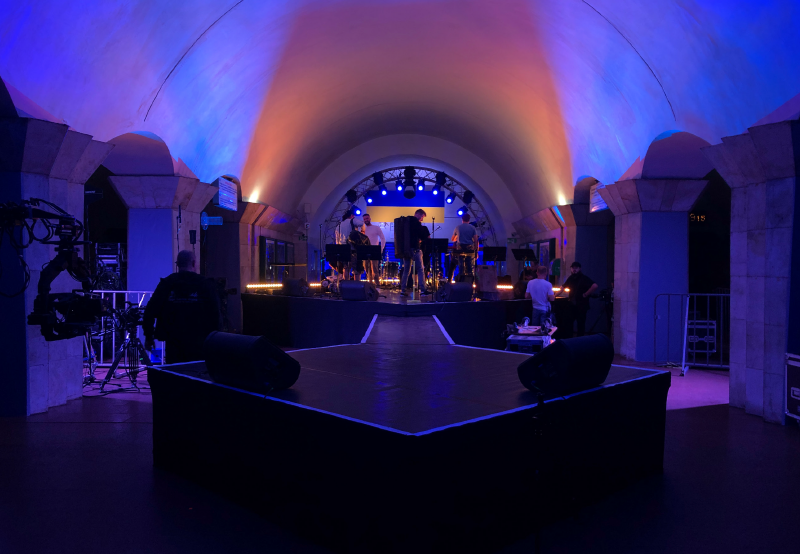
The first concerts looked really “basic”, but then the quality evolved with more “show elements” and more visual effects. Could you provide some details on the development of these features?
As a rule, we do three or four concerts in one day, our first artists in the metro were Nino Katamadze, Verka Serduchka and Dasha Astafieva. Verka Serduchka is already an ideal visual effect in itself. Andriy Danilko has not left Kyiv since the full-scale war, and according to military polls, he was one of the most requested artists, but as you understand, bringing him to the field, taking into account the costumes and the necessary technical support, is quite problematic. The concert in the subway was the perfect solution. We developed the necessary stage configuration to maximize the movement of trains, to enable the artist to work with the audience, added special effects that are allowed in the subway. We were a little worried, but it turned out quite organically, both in the hall and for the television picture.
How many concerts are you currently producing per month? And what type of budgets are we talking about?
We do not have clear plans for concerts per month, that depends on whether there are artists for possible dates of filming. It’s also pointless to discuss budgets, because at the moment tech companies work on the principle of paying staff, like our team and the teams of the artists. As I said, we have those in the hall who do everything possible every day so that we have a peaceful sky, these projects are not about business, this is about the opportunity to say thank you.
You also organized a major awards ceremony around the Independence Day celebrations. Are you planning to make other big projects?
The continuation of our partnership with the studio Kvartal 95, the second ceremony “National Legend of Ukraine”, this time was completely dedicated to the heroes during the full-scale invasion: doctors, railway workers, rescuers, volunteers. This is a project whose importance cannot be underestimated, because behind each awardee there is a huge number of those who did not take the stage that day. The initiative to carry out the project belongs to the President, so I cannot say whether such events are still planned, but I understand for sure that the reaction of society to such ceremonies is positive. Every day new heroes and legends appear in our country, we do not have to wait for the end of the war to thank them for their exploits.
Do you think that this “Metrovision” concert format could travel to other countries in the form of special events?
If there are such beautiful stations in other countries, I think it’s possible, as an experiment. From an organizational point of view, from the point of view of convenience for guests, from the point of view of the artists’ requirements for sound and light, concerts in the metro are more of a compromise than a quality meeting of the listener with their favorite music.
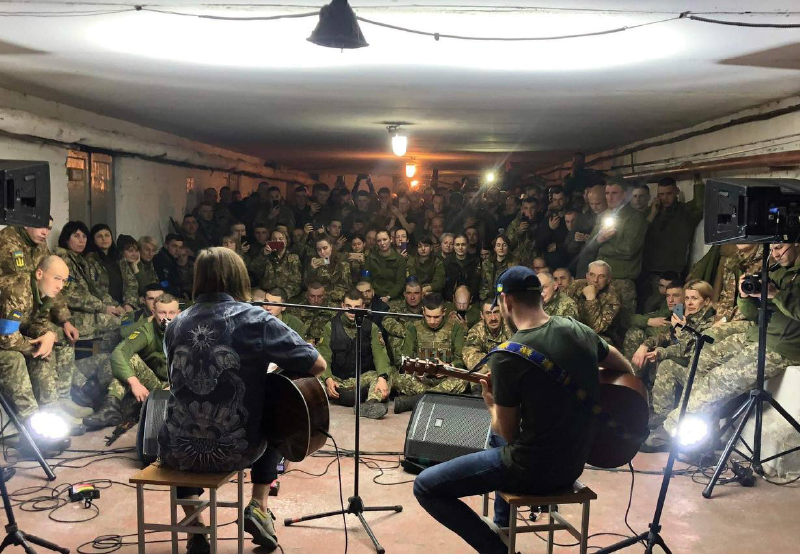
Everyone talks about the strength of Ukrainian spirit and resistance. But people around the world do not really know much about the spirit of Ukrainian music. How big is its role in the fight with the occupiers, in your opinion?
During this time we did more than 150 concerts, in fact, this is like two good world tours. I’m not sure that during real combat operations the guys have time for music, but I definitely understand that when they have a chance to switch off from what they have to endure for an hour, a good portion of humor and favorite songs are the perfect pastime. In addition, after the concert, the artists always stay for another 30-40 minutes to chat and take photos. If you believe what the military say, such concerts raise the mood and morale of the Ukrainian army. Now this is the most important thing. When we arrive at military units, we are asked to sing hits and not to sing sad songs, I think this war will “give birth” to a lot of positive music.
I can only be proud of the opportunity to create 90 minutes for our guys that take them to another reality. We see how their eyes change, how smiles appear, how someone starts to dance. We theoretically understood that such events help and support, but in practice it all looks like real therapy. I’m glad that we find support among artists, among our technical partners, this allows us to do a large number of concerts throughout Ukraine.
What kind of concert do you dream about after the end of the war and the victory of Ukraine?
You know, in peacetime, our company did not specialize in concerts, therefore, after the victory, I really want to return to what we do as efficiently as possible - develop and hold events for our clients. This will be the best signal for the beginning of a peaceful life. I am sure that after the victory, Ukrainian cities will appear in the schedules of tours of major world artists. I think this will greatly affect the development of the Ukrainian music industry.
The only direction of my company is the development and organizing of events, the industry is most exposed to the influence of external factors. As the two-year restrictions associated with the pandemic began to ease, almost simultaneously the scale of the eight-year war increased. Of course, it has a direct impact on our industry, which before that could hardly be called fully functioning, and now our only area of activity is volunteer projects for those who hold our country on their shoulders.
How did you get involved in the production of the concerts in the Kyiv subway?
The concerts in the subway, as well as the outdoor concerts, are organized by S*EVENT together with Kvartal 95. By the time we organized the first concert in the Kyiv metro, we managed to hold more than 70 concerts for our military throughout the country, including in the subway, but in Dnipro and Kharkiv. The President of Ukraine proposed to hold outdoor events for our defenders, and we were among the first to support his initiative, which is probably why we were entrusted with organizing the Kyiv events in the metro, because they are also held for the Armed Forces of Ukraine, the Ministry of Internal Affairs, volunteers, doctors, and railway workers.
What was your reaction when you got the offer to organize the production of the concerts?
I have been in show business for over 30 years now. I have had to organize events in completely different places. In this case, the choice of location was dictated by security considerations. The interest was driven by the fact that we were going to combine the performance of the artists with television filming for the all-Ukrainian telethon. So, of course, we accepted the offer with pleasure. To make a project in, perhaps, the most beautiful subway in the world - how can there be any another reaction?
If remember well, it started with the U2 pop-up concert. Were you also involved in that?
To be quite precise, the idea to use the closed metro stations for events began with the press conference of the President. The meeting with U2 was organized by the Office of the President and volunteers. Besides, it can hardly be called a full-fledged concert, rather a small performance that became incredibly popular on the web. Probably, after that the idea was born to expand such concerts to full-blown TV shootings.
Tell us about the first ever concert. What were the biggest challenges you faced in terms of production, sound, etc.? How do you coordinate your work with the authorities?
I can’t tell you about the OE concert (first to broadcast on Ukrainian TV), because it was organized by the OE team at the Golden Gate metro station, and all our events take place at the Independence Square station. Coordination with the authorities during the war has been surprisingly positive, both in terms of support and in terms of the speed of response to requests. Every concert gathers 500-800 military, volunteers, doctors, and we expected to face bureaucracy, but got exceptional support. The most difficult thing in the work is safety, because during the concerts the metro trains pass through the station. For everything else we managed to find a compromise, both in terms of sound with the management of the artists, and in terms of lighting with the television channels.

The first concerts looked really “basic”, but then the quality evolved with more “show elements” and more visual effects. Could you provide some details on the development of these features?
As a rule, we do three or four concerts in one day, our first artists in the metro were Nino Katamadze, Verka Serduchka and Dasha Astafieva. Verka Serduchka is already an ideal visual effect in itself. Andriy Danilko has not left Kyiv since the full-scale war, and according to military polls, he was one of the most requested artists, but as you understand, bringing him to the field, taking into account the costumes and the necessary technical support, is quite problematic. The concert in the subway was the perfect solution. We developed the necessary stage configuration to maximize the movement of trains, to enable the artist to work with the audience, added special effects that are allowed in the subway. We were a little worried, but it turned out quite organically, both in the hall and for the television picture.
How many concerts are you currently producing per month? And what type of budgets are we talking about?
We do not have clear plans for concerts per month, that depends on whether there are artists for possible dates of filming. It’s also pointless to discuss budgets, because at the moment tech companies work on the principle of paying staff, like our team and the teams of the artists. As I said, we have those in the hall who do everything possible every day so that we have a peaceful sky, these projects are not about business, this is about the opportunity to say thank you.
You also organized a major awards ceremony around the Independence Day celebrations. Are you planning to make other big projects?
The continuation of our partnership with the studio Kvartal 95, the second ceremony “National Legend of Ukraine”, this time was completely dedicated to the heroes during the full-scale invasion: doctors, railway workers, rescuers, volunteers. This is a project whose importance cannot be underestimated, because behind each awardee there is a huge number of those who did not take the stage that day. The initiative to carry out the project belongs to the President, so I cannot say whether such events are still planned, but I understand for sure that the reaction of society to such ceremonies is positive. Every day new heroes and legends appear in our country, we do not have to wait for the end of the war to thank them for their exploits.
Do you think that this “Metrovision” concert format could travel to other countries in the form of special events?
If there are such beautiful stations in other countries, I think it’s possible, as an experiment. From an organizational point of view, from the point of view of convenience for guests, from the point of view of the artists’ requirements for sound and light, concerts in the metro are more of a compromise than a quality meeting of the listener with their favorite music.

Everyone talks about the strength of Ukrainian spirit and resistance. But people around the world do not really know much about the spirit of Ukrainian music. How big is its role in the fight with the occupiers, in your opinion?
During this time we did more than 150 concerts, in fact, this is like two good world tours. I’m not sure that during real combat operations the guys have time for music, but I definitely understand that when they have a chance to switch off from what they have to endure for an hour, a good portion of humor and favorite songs are the perfect pastime. In addition, after the concert, the artists always stay for another 30-40 minutes to chat and take photos. If you believe what the military say, such concerts raise the mood and morale of the Ukrainian army. Now this is the most important thing. When we arrive at military units, we are asked to sing hits and not to sing sad songs, I think this war will “give birth” to a lot of positive music.
I can only be proud of the opportunity to create 90 minutes for our guys that take them to another reality. We see how their eyes change, how smiles appear, how someone starts to dance. We theoretically understood that such events help and support, but in practice it all looks like real therapy. I’m glad that we find support among artists, among our technical partners, this allows us to do a large number of concerts throughout Ukraine.
What kind of concert do you dream about after the end of the war and the victory of Ukraine?
You know, in peacetime, our company did not specialize in concerts, therefore, after the victory, I really want to return to what we do as efficiently as possible - develop and hold events for our clients. This will be the best signal for the beginning of a peaceful life. I am sure that after the victory, Ukrainian cities will appear in the schedules of tours of major world artists. I think this will greatly affect the development of the Ukrainian music industry.



